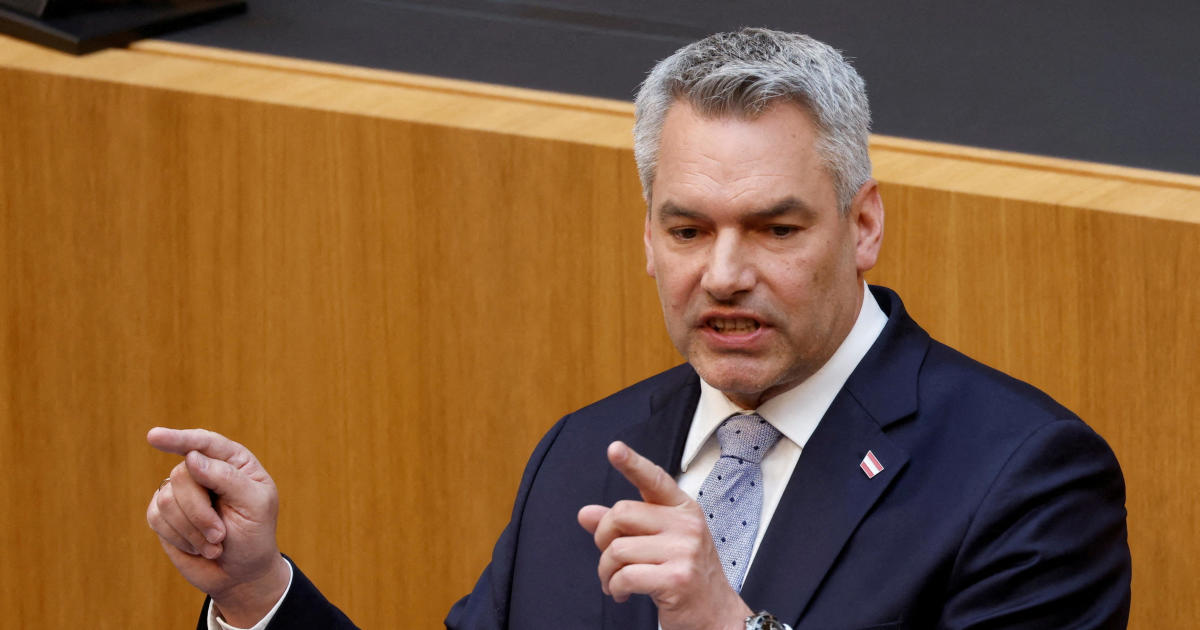In an effort to address concerns about the potential restriction of cash as a form of payment in Austria, Chancellor Karl Nehammer has proposed enshrining the right to use cash in the country’s constitution. Nehammer’s office acknowledges that contradictory information and reports have created uncertainty among the Austrian public. The Chancellor asserts that the people of Austria have a fundamental right to use cash. This proposal aligns with the fact that Austria, along with neighboring Germany, continues to have a strong preference for cash compared to other European countries. The Austrian government states that approximately €47 billion ($51 billion) is withdrawn from ATMs annually in a country with a population of 9.1 million. This move to protect cash coincides with the demands of the far-right opposition Freedom Party, which currently leads in the polls. Nehammer dismisses accusations of populism, asserting that the Freedom Party fails to take substantial action on the issue. The Chancellor’s proposal aims to establish constitutional protection for cash as a means of payment, ensuring that individuals can continue to pay with cash and securing a basic supply of cash in collaboration with the central bank. Nehammer has instructed Finance Minister Magnus Brunner to develop the proposal and plans to convene a round table discussion with relevant ministries, representatives from the finance industry, and the central bank in September. He emphasizes the importance of allowing individuals the freedom to choose their preferred method of payment, whether it be cash, card, transfer, or potentially the digital euro. This commitment to freedom of choice is paramount and will remain unchanged.
Denial of responsibility! VigourTimes is an automatic aggregator of Global media. In each content, the hyperlink to the primary source is specified. All trademarks belong to their rightful owners, and all materials to their authors. For any complaint, please reach us at – [email protected]. We will take necessary action within 24 hours.


